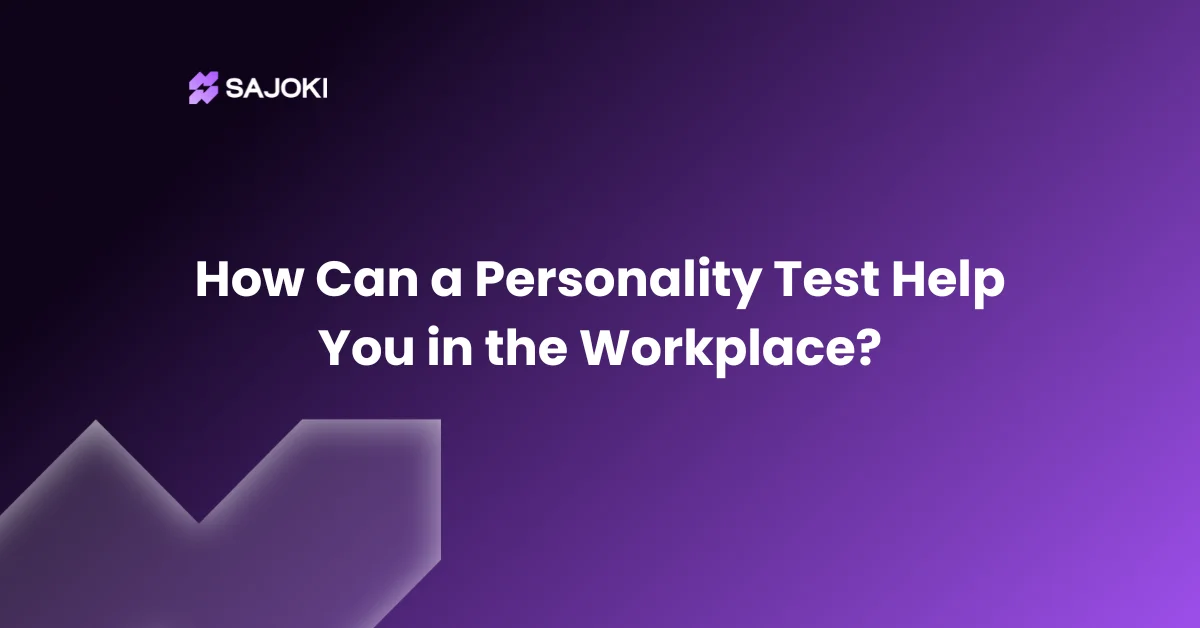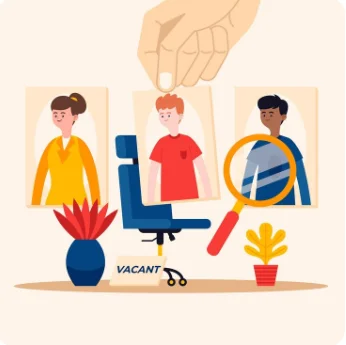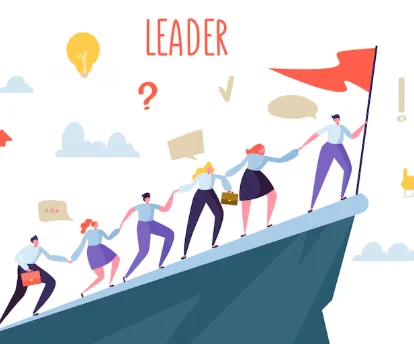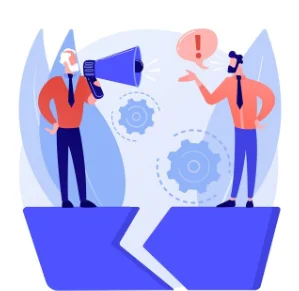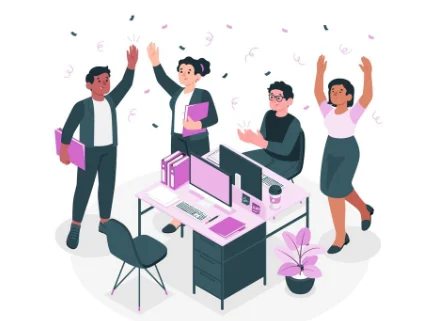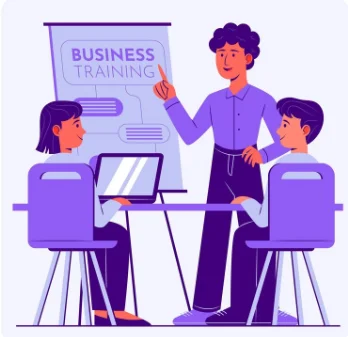Workplaces are dynamic spaces with people of diverse skills, values, and characteristics. With evolving businesses, soft skills and emotional intelligence have become as vital as technical knowledge. Understanding what drives people can enhance teamwork, communication, and performance.
So, how can a personality test help you in the workplace? Personality tests show individual strengths, communication styles, and working styles. By identifying personality characteristics, companies can optimize team dynamics, tailor leadership style, and place people in jobs where they will perform best.
If you wish to know how these tests affect recruitment, collaboration, and staff development in the workplace, keep reading. This blog talks about all the positives of personality testing in the workplace.
Why Personality Testing Matters at Work
Personality tests are not mere fun quizzes; they are workplace tools. They show what people are like when working under stress and how they respond to responsibilities. This is easier to manage and place them in jobs.
Personality testing in workplace contexts assists in building a better understanding among people. Managers use the data to build more effective teams and assign work wisely. It reduces conflict, enhances participation, and promotes satisfaction.
Combined with training and coaching, results are even more beneficial. Employees know what they are doing, and managers learn how to handle them more effectively. All of this contributes to building a richer culture.
These tools also uncover traits that might otherwise be missed. It provides an opportunity for leadership, creativity, and initiative where none exists.
Top Benefits of Using a Personality Test in the Workplace
Now let’s examine how these tests directly contribute to workplace efficiency and employee development. The top benefits based on research and practice are listed below.
1. Better Hiring Decisions
Once employers are aware of a person’s personality traits, they can match them up with the appropriate work. This minimizes the chance of mismatches.
Big Five or DISC tests aid in exploring if one does well in action-oriented or detail-focused environments. Cultural fit can also be identified. This generates less turnover and better morale.
2. Improved Communication
Personality tests define how people pick up and give information. Some are blunt; others are diplomatic. The knowledge of this fills the gaps.
Workers modify the tone and manner with sensitivity, adapting to the person they are dealing with. This reduces confusion and brings harmony. Team work becomes more smoothly harmonious.
3. Enhanced Team Dynamics
A healthy team is diverse but balanced. Personality testing helps form complementary teams that work together and perform well in spite of differences.
For example, the blending of high-energy extroverts with committed introverts ensures stability. It promotes each other’s respect and collective productivity. Synergy increases over time.
4. Role Alignment
Every individual has a different set of strengths and weaknesses. Tests decide which jobs best fit which characteristics. This prevents frustration and underachievement.
A detail person might excel in operations more than in creative brainstorming. A people-leader with good empathy might excel in people management. Placement becomes more efficient.
5. Leadership Development
Not all good workers are born to be leaders, but some can become one with the right insights. Personality data assists with that process.
Tests determine leadership styles, such as visionary, democratic, or hands-off. Knowing these leanings assists organizations in mentoring leaders that work within their company culture and values.
6. Conflict Management
Intracompany tension is typically the result of conflict between personality. Tests provide a structured approach to identifying these conflicts.
They can show if two colleagues share differing values, communication styles, or decision-making styles. Recognized, leaders can then better facilitate and offer focused solution approaches.
7. Employee Engagement
Workers who feel they are being understood are more likely to be motivated. Personality assessments give managers the information to understand what drives people.
Employee engagement programs can then be customized. Some will appreciate public praise, others individual praise. Customization increases higher loyalty.
8. Training and Coaching
Training becomes better when it is tailored to a person’s style. Learning routes are created based on personality tests.
Reflective people might enjoy fact-based modules. Creative people might thrive with experience-based exercises. Tailored development is enjoyable and sustainable.
9. Stress and Burnout Management
Certain personalities burn out in the workplace. Discovery of such tendencies early assists with preventive measures.
For example, extremely conscientious people work themselves too hard. Breaks regularly or well-being help can be introduced. This preserves health and performance.
10. Building Positive Culture
Understanding personality types helps build a culture of compassion and respect for others. Everyone can collaborate.
Inclusiveness is greater when diversity in thoughts and feelings is taught to teams. With shared language and values, culture is improved.
Personality Test in Workplace Technology
Modern software platforms incorporate personality tests into their talent offerings. These range from onboarding to career pathing.
They employ data-driven approaches to assess work styles and compatibility. These allow individuals to be matched with roles, teams, and training paths.
They provide managers and workers with instant feedback as well. Progress becomes quantifiable, and goals more reachable. Technology makes personality testing actionable.
These tools reduce bias in people decisions. They are based on evidence, not guesswork. This introduces justice into hiring and performance management.
Frequently Asked Questions
Can personality tests ever be wrong?
Yes. Test performance may be influenced by mood or by poor self-estimation. Use them as one of a range of tools.
Are personality tests legal to use when hiring?
Yes, if they are job-relevant and non-discriminatory. Always check local labor laws before use.
Which personality tests are most widely applied in the workplace?The Big Five, DISC, and MBTI are some of the most reliable and validated to be used in the workplace.
Can workers fake personality test results?
Sometimes. That is why repeated testing or interviews are employed to validate traits.
Do personality tests substitute for interviews?
No. They supplement interviews. Personality tests provide more in-depth insight into traits not readily apparent.
Conclusion
In short, applying a personality test in the workplace maximizes all aspects of work culture and performance. From improved hiring to improved communication, these types of tools make companies more human and productive.
When selected diligently and read intelligently, personality tests add order and strategy to managing people. Tools like SAJOKI simply streamline the process and make it better.
